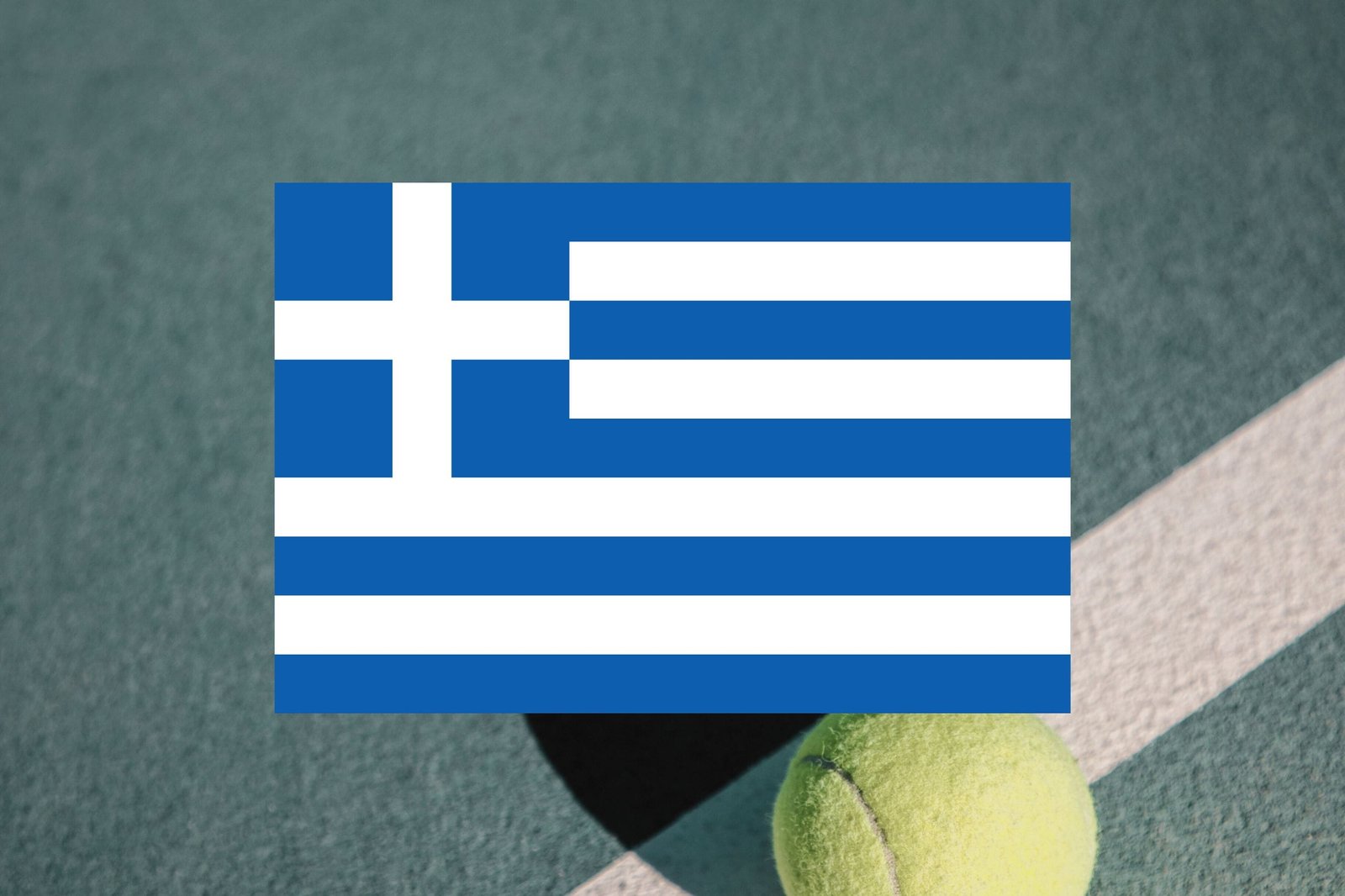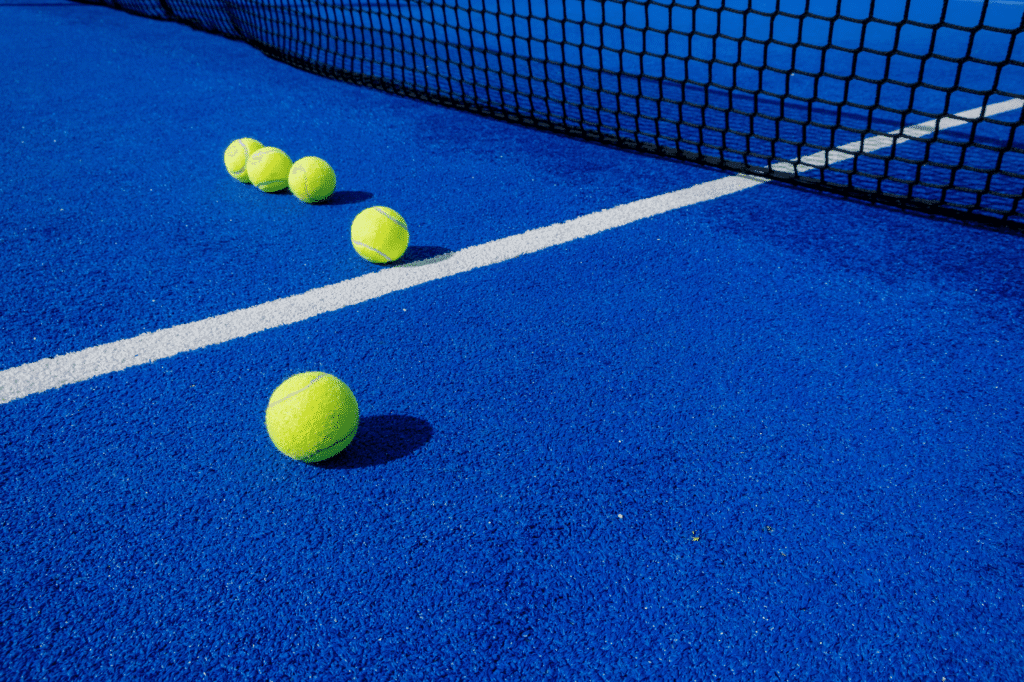
As the world embraces new forms of fitness and social connection, padel in Greece is quickly gaining momentum. This vibrant racket sport, combining elements of tennis and squash, has found fertile ground in the Greek sports community, fueled by its social appeal, accessible gameplay, and the Mediterranean lifestyle that embraces outdoor recreation and camaraderie.
Although relatively new to the country, padel in Greece is rapidly evolving from a niche hobby to a sport with strong commercial and community interest.
A Slow Start, Then Rapid Growth
Compared to neighboring European nations like Spain or Italy, padel in Greece had a slower introduction. The first courts appeared around 2015, mostly in private sports clubs and resorts that catered to international tourists. However, the sport began to catch on among locals, particularly after the COVID-19 lockdowns, when people sought new, safe, and engaging ways to stay active outdoors.
Today, Greece has over 80 padel courts, with more being built each year. Cities like Athens and Thessaloniki have become major hubs for padel activity, and island destinations such as Mykonos and Crete are also embracing the sport, often pairing it with tourism offerings to create a unique, sun-drenched athletic experience.
What Makes Padel So Appealing?
The surge of padel in Greece can be largely attributed to its accessibility. Unlike tennis, which can be technically difficult for beginners, padel is easy to pick up. The smaller court, shorter rackets, and enclosed walls create longer rallies and more action, making it fun from the first try. It’s also played in doubles, which adds a social dynamic and makes it less intimidating for newcomers.
In Greece, a culture built on hospitality and community, padel’s friendly and inclusive atmosphere aligns perfectly. Padel clubs often double as social spaces, with cafés, music, and events that attract people beyond the hardcore sports scene.
The Role of Private Clubs and Tourism
Unlike in countries where the national tennis federation spearheads development, much of the growth of padel in Greece has been driven by private initiative. Entrepreneurs, former athletes, and fitness enthusiasts have launched padel centers in both urban and coastal areas, investing in high-quality courts and modern facilities.
Tourism has played a unique role in shaping the perception of padel in Greece. Resorts and luxury hotels have started including padel courts in their offerings, marketing them to visiting guests—particularly from countries where padel is already a mainstream sport, like Spain, Sweden, and France. These tourists not only enjoy playing on holiday, but they also introduce the sport to Greek friends and business partners, creating a ripple effect.
Competitive Play and Growing Talent
Although still in its early stages, the competitive scene for padel in Greece is taking shape. Amateur tournaments are now regularly held across major cities, attracting enthusiastic players from all walks of life. Some clubs have partnered with international padel federations to host ranking events, and Greek players are beginning to appear in European tournaments.
There is also growing interest in developing youth academies and coaching programs, with the aim of producing a future generation of Greek padel talent. Organizations such as the Hellenic Padel Federation are working to create a structured framework for player development, coach certification, and event organization.
Challenges and Opportunities
Like any emerging sport, padel in Greece faces its share of challenges. Limited infrastructure and high start-up costs for court construction have slowed expansion in some areas. In addition, a lack of centralized governance has led to inconsistencies in how the sport is promoted and managed.
However, these challenges also present opportunities. There is a clear market gap for developers, municipalities, and investors to collaborate on public-access courts, school programs, and national leagues. With the right support, padel in Greece could follow a similar growth trajectory to countries like Portugal and Sweden, where it has become a major recreational and professional sport.
The Future Looks Bright
The future of padel in Greece looks incredibly promising. The sport’s alignment with Greek lifestyle values, community, wellness, and outdoor fun, makes it a natural fit. As more Greeks discover the joy of padel, the momentum is expected to continue. With government support, expanded infrastructure, and greater visibility through media and sponsorships, the sport is poised for a boom.
In the coming years, expect to see more courts, youth programs, professional tournaments, and even the emergence of elite Greek padel players competing on the international stage. Whether you’re a local looking for a new sport or a tourist wanting to stay active on holiday, padel in Greece is a movement worth joining.


